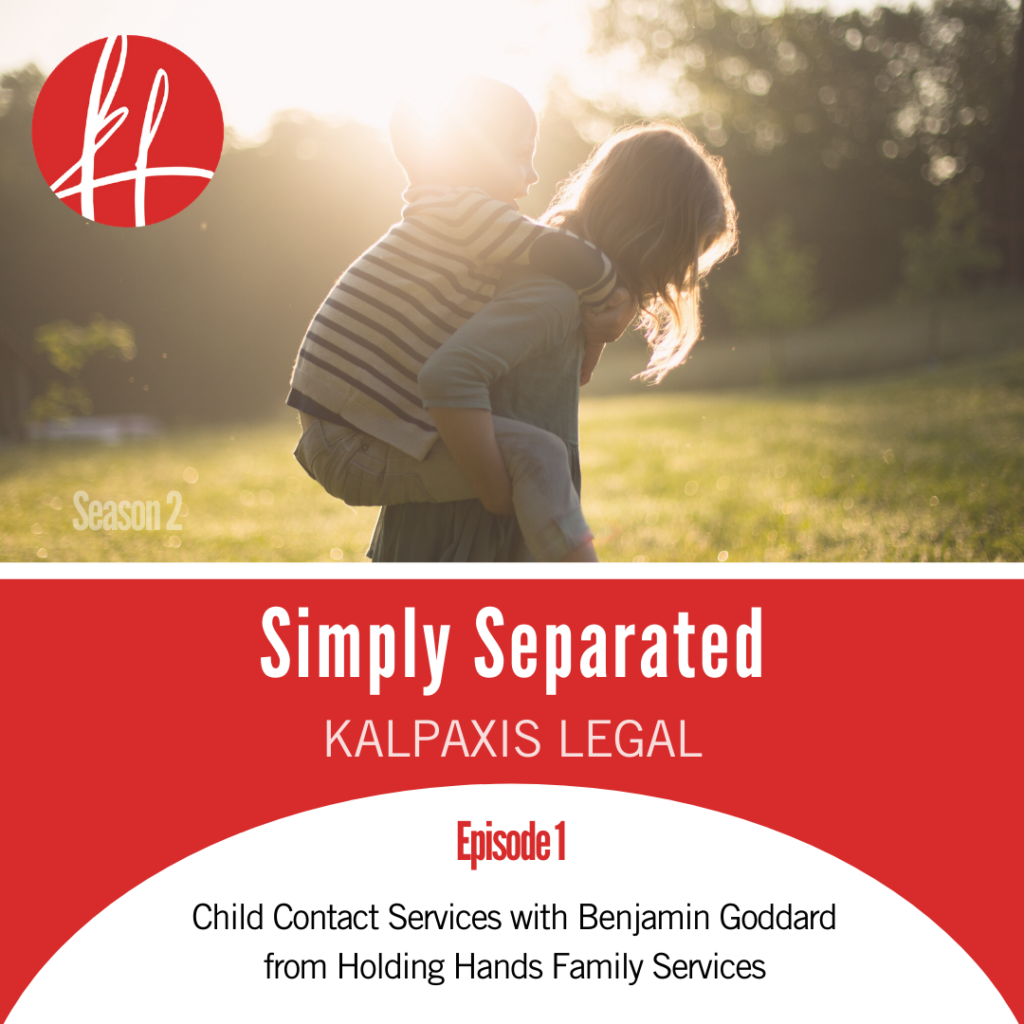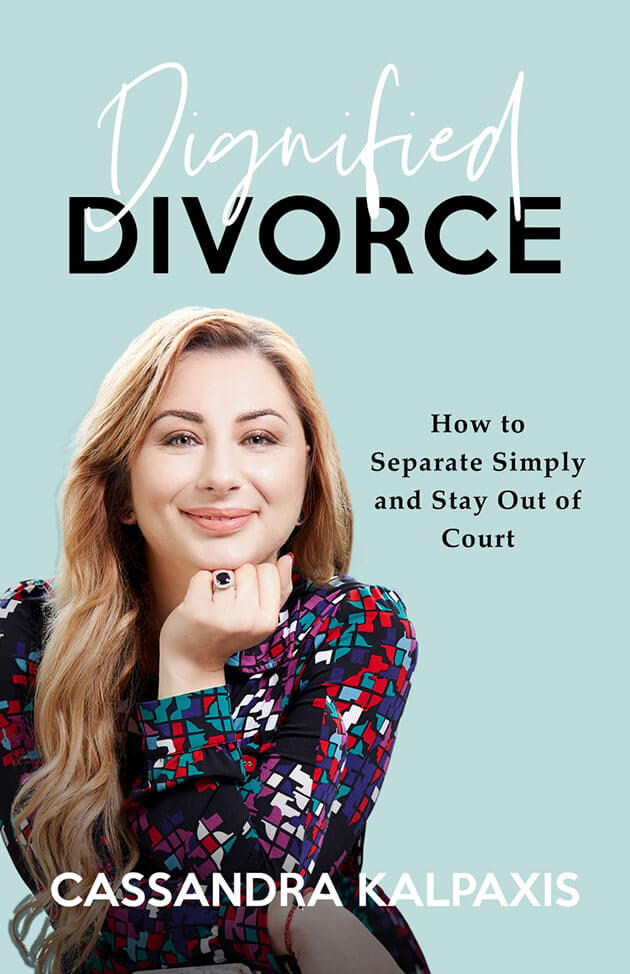
Inheritance is always a topic of much contention in a separation. It is one of my most frequently asked questions. As is the case in most matters in Family Law, the issue of how inheritance is to be applied is looked at on a case-by-case basis. There are a number of factors to be considered when examining how an inheritance is to be dealt with in a separation.
Factors taken into consideration regarding inheritance
In order to determine whether an inheritance is to be considered as part of a property settlement, we need to look at the following factors:
(1) Has the inheritance been distributed
(2) How was the inheritance distributed? Was it cash? Was it in the form of a property transfer?
(3) When was the inheritance received?
(4) How was it utilised?
What do I do if an inheritance was received during a relationship?
If you receive an inheritance during the relationship, what we are looking at during a separation is how that inheritance was applied.
Was it applied unilaterally by one of the parties?
Have the funds been utilised for the benefit of the marriage?
Did the application of the funds improve the financial position of the parties?
We are also looking at how the inheritance was received. All of these are factors which determine the relevance of any contribution to be attributed to either of the parties in the matter.
There is case law handed down by the Court which highlights the way that inheritance is dealt with by the Court. For example in the case of Lee Steere the Court said:
“The relevance of the inheritance or gift to one party during the marriage may depend on the use to which that party is put by the parties.”
What if I am to receive an inheritance after we have separated?
Where one party is expected to have a significant inheritance, the other party may ask this to be taken into account by the Court during property proceedings.
Prospective inheritance
A prospective inheritance is an expectation that you will receive some type of asset in the future.
Whether this is real property such as a house or land or simply a sum of money, if there is an expectation that you will receive it, it may be considered by the Court during your property proceedings.
When considering prospective inheritances, the Court recognises that there can be no assurance that the testator will not change their will. This means that there is never a guarantee that you will still receive the inheritance benefit. Therefore, the Court does not account for anticipated inheritances within the property pool, however it may be considered in particular circumstances.
Under Section 75(2)(b) of the Family Law Act, the Court may consider a prospective inheritance as a ‘financial resource’ of one party, encompassing it within the property pool. Further, Section 75(2)(o) allows the Court to consider ‘any other matter that is relevant’ which can potentially extend to a prospective inheritance being taken into account.
What does the Court Consider?
When dealing with prospective inheritances the Court takes into account:
(1) The size of the inheritance;
(2) The likelihood of the inheritance being received;
(3) The time at which the inheritance is likely to be received.
Although there is no strict ruling from the Court in relation to prospective inheritances, this approach enables the Court to consider the weight of the claim in its entirety.
The size
The size of the prospective inheritance is considered by the Court, as it would be unjust and inequitable if the Court did not take into account anticipated inheritances, which would significantly benefit one party, following property settlement in their Family Law matter. Further to this, in the event that it the property pool of the parties is likely to change significantly, Section 79(5) of the Family Law Act enables the Court to adjourn the proceedings until after the inheritance is received to fully determine its size.
Where the size of the inheritance would warrant an adjustment, the Court then considered the likelihood of the inheritance and it timing.
The likelihood the inheritance being received
There must be a worthwhile connection between a specific element of the party’s case and the suggested expectance. This means that a connection must be shown between the prospective inheritance, and the likelihood of receiving same.
For example, where a testator has already made a will favourable to one party, there is a likelihood of their death and they no longer have testamentary capacity, a prospective inheritance is relevant for the Court to consider.
It should be noted that just because one party has an elderly relative, with a considerable estate or property that one party is likely to benefit from, does not automatically prompt the Court to consider a claim for prospective inheritance. (White & Tullouch v White (1995) 19 Fam LR 696).
Timing
As stated above, under Section 79(5) of the Family Law Act, the Court can adjourn the property proceedings until after the inheritance is received. For example, in circumstances where the testator makes a provision in their will for one party to receive a benefit, and they are unfortunately faced with significant illness or imminent death, the court will adjourn the proceedings and wait for the inheritance to be received to determine its value.
In summary
The Court does not immediately consider prospective inheritances when adjusting the settlement in property law proceedings.
Unfortunately, there is no hard and fast rule.
When determining the grounds for such a claim, the Court looks at the individual circumstances of each case and the nature of the claim before it.
If you are just starting to consider a property settlement and would like more information about the work we do at Kalpaxis Legal, be sure to contact us for a free 15 minute consultation or send us an email at info@kalpaxislegal.com.au









